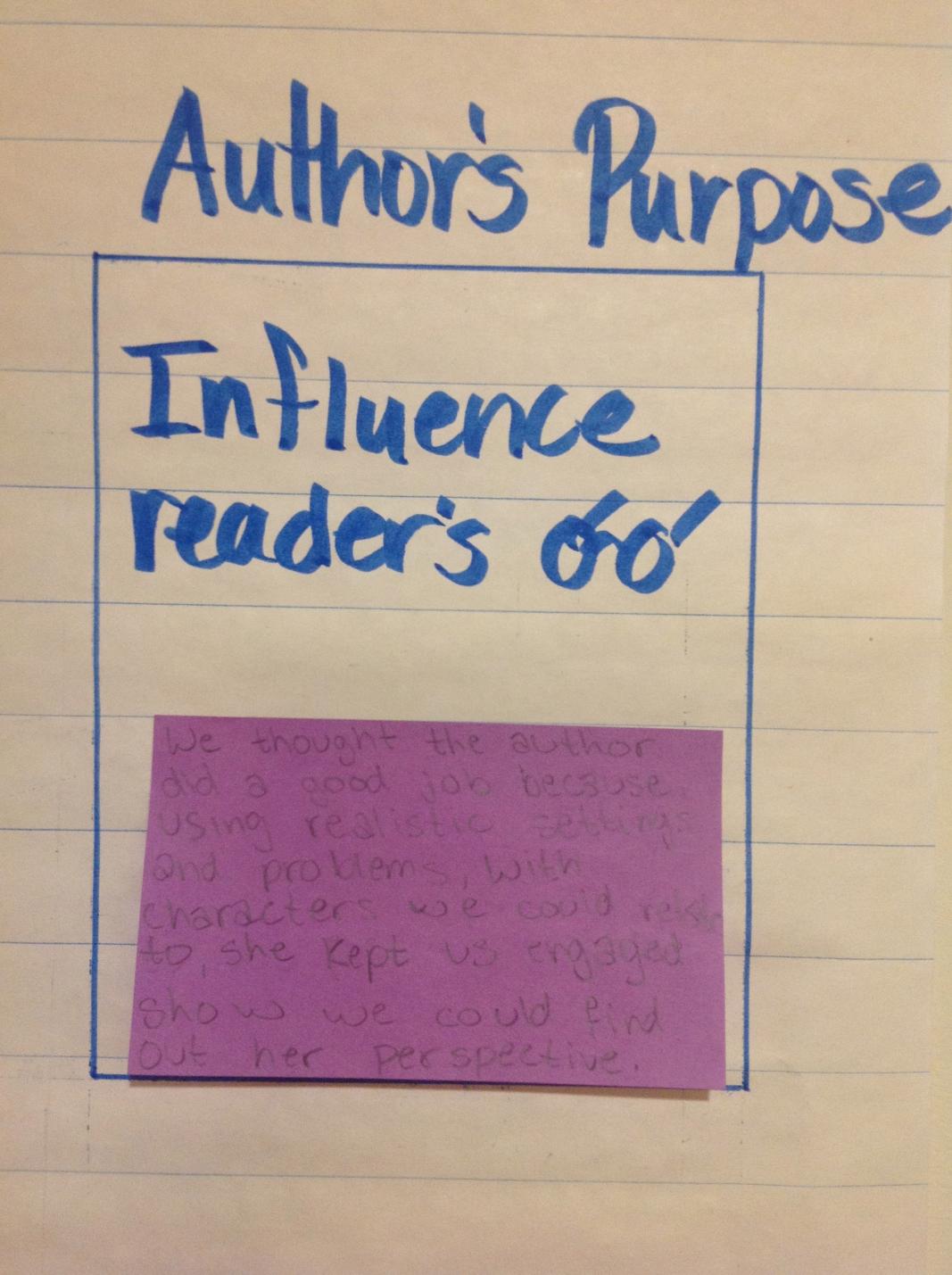What Is the Future of Book Reviews in the Digital Age?
Book reviews have long played a vital role in shaping public opinion and literary culture. In the past, reviews were primarily published in print media, such as newspapers and magazines. However, the advent of digital technology has brought about a significant shift in the way that books are reviewed. This article explores the future of book reviews in the digital age, examining the impact of technology on traditional review platforms, the rise of online book reviews, the role of artificial intelligence (AI) in book reviewing, and the potential for a hybrid approach that combines both traditional and digital platforms.

The Changing Landscape Of Book Reviews
The digital age has had a profound impact on the landscape of book reviews. Traditional print media, such as newspapers and literary magazines, have seen a decline in readership, leading to a decrease in the number of book reviews published in these outlets. At the same time, there has been a proliferation of online book review platforms, including websites, blogs, and social media. These platforms have made it easier for anyone to share their thoughts on books, regardless of their expertise or affiliation with a traditional media outlet.
- Advantages of online book reviews:
- Increased accessibility and reach
- Diverse perspectives and opinions
- Real-time feedback for authors
- Potential for increased engagement and discussion
- Disadvantages of online book reviews:
- Lack of editorial oversight and quality control
- Potential for bias and manipulation
- Difficulty in discovering high-quality reviews
The Role Of Artificial Intelligence In Book Reviews
Artificial intelligence (AI) is rapidly changing the world as we know it, and the book review industry is no exception. AI-powered book review systems have the potential to automate the review process, freeing up human reviewers to focus on more creative and analytical tasks. However, there are also ethical and practical considerations associated with AI-generated book reviews.
- Potential benefits of AI-powered book reviews:
- Increased efficiency and scalability
- Objective and data-driven analysis
- Potential for personalized recommendations
- Ethical and practical considerations:
- Transparency and accountability
- Bias and discrimination
- The role of human expertise and editorial oversight
The Future Of Book Reviews: A Hybrid Approach

Given the advantages and disadvantages of both traditional and digital book review platforms, it is likely that the future of book reviews will involve a hybrid approach that combines the best of both worlds. This could involve leveraging online platforms to reach a wider audience while maintaining the critical standards and editorial oversight of traditional print reviews.
- Benefits of a hybrid approach:
- Increased accessibility and reach
- Diverse perspectives and opinions
- Critical standards and editorial oversight
- Potential for increased engagement and discussion
The Impact Of Book Reviews On Literary Culture
Book reviews play a significant role in shaping literary trends and shaping public perception of authors. Positive reviews can help to boost sales and raise an author's profile, while negative reviews can have the opposite effect. Book reviews can also promote diversity and inclusivity in literature by highlighting works by authors from marginalized groups.
- Influence of book reviews on literary culture:
- Shape literary trends and public perception of authors
- Promote diversity and inclusivity in literature
- Foster a more engaged and informed readership

The future of book reviews in the digital age is uncertain, but it is clear that technology will continue to play a significant role in shaping the way that books are reviewed and discussed. A hybrid approach that combines the best of traditional and digital platforms is likely to emerge as the dominant model for book reviews in the years to come. This approach will allow for increased accessibility, diverse perspectives, critical standards, and editorial oversight, while also promoting engagement and discussion among readers.
As the literary landscape continues to evolve, it is important to consider the implications of these changes for the future of book reviews. By embracing the opportunities presented by digital technology while maintaining the critical standards and editorial oversight of traditional print reviews, we can ensure that book reviews continue to play a vital role in shaping literary culture and promoting a more engaged and informed readership.
YesNo

Leave a Reply